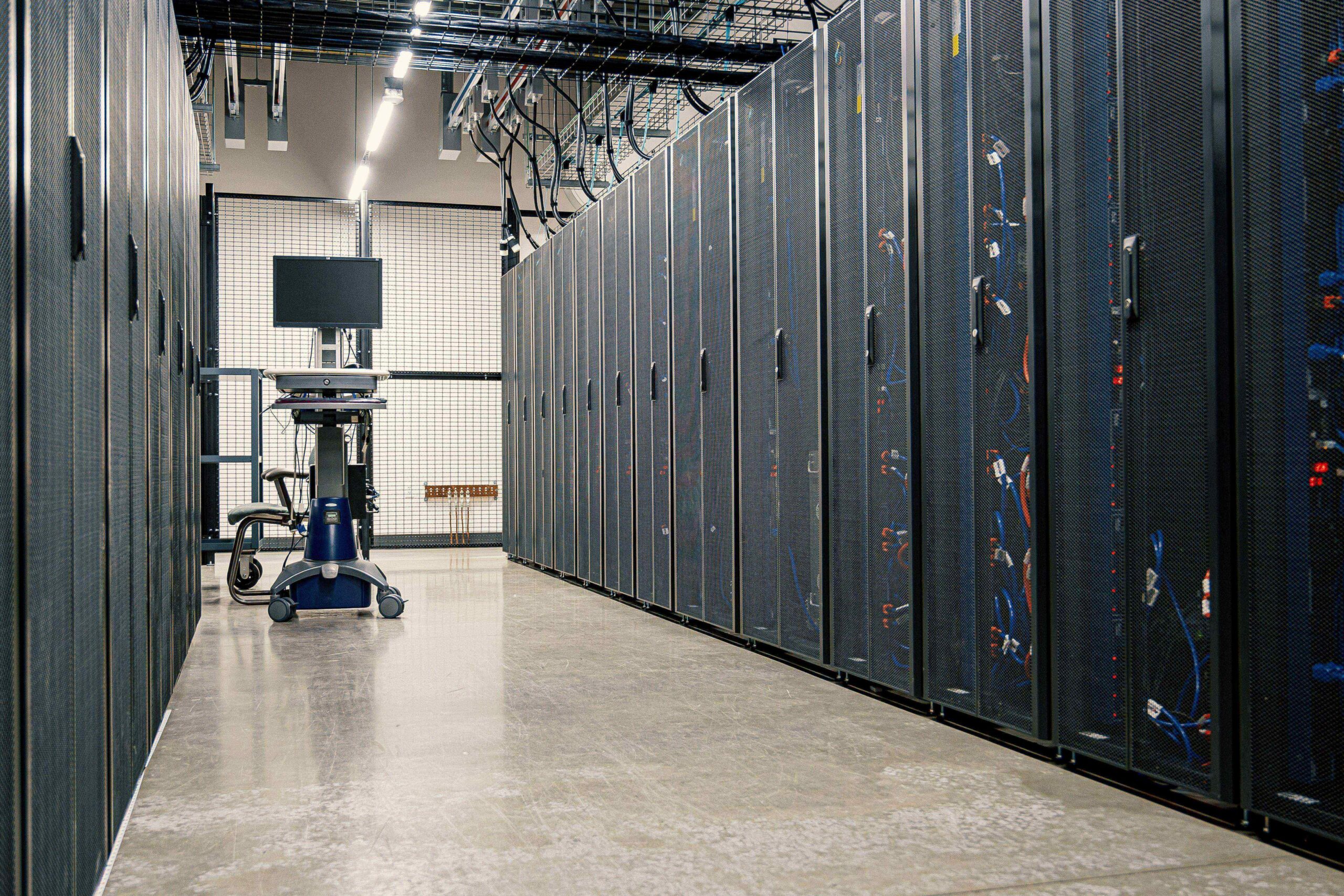Data centers are facilities that house large numbers of servers and other IT equipment, such as storage devices, networking equipment, and cooling systems. These devices are critical for storing and processing large amounts of data that are necessary for the functioning of businesses, organizations, and other entities.
Since the data center equipment is so critical, any power outage or interruption can lead to significant downtime, data loss, and damage to the equipment. As a result, data centers require uninterrupted power supply (UPS) systems to ensure that the critical equipment remains operational at all times.
Why Do Data Centers Need UPS?
UPS systems are designed to provide backup power in the event of a power outage or other power-related disruptions. They consist of batteries that can provide power for a short time, usually between 10 and 30 minutes, to allow data center operators to switch to a backup power source or safely shut down non-essential equipment.
According to the latest report of Technavio, the UPS market is expected to grow by USD 5.97 billion with a CAGR of 4.5% from 2022 to 2027 and one of the key drivers of its growth is the growth in data center infrastructure.
Data centers require UPS systems to ensure continuous operation and protect against power disruptions that can have severe consequences for the data center and its clients. By having a reliable UPS system, data centers can minimize the risk of downtime, data loss, and damage to the equipment, ensuring that critical operations are not disrupted.
UPS systems are essential for data centers to ensure continuous operation and protect against power disruptions, which can have severe consequences for the data center and its clients.
Implementing Automation in UPS System of Data Centers
The automation of UPS systems provides several benefits over manual systems, including improved reliability, reduced downtime, and increased efficiency.
Automated UPS systems use advanced monitoring and control systems to automatically detect and respond to power disturbances, such as voltage sags, surges, and blackouts. These systems can quickly switch to the backup power source, ensuring that the data center’s critical equipment remains operational without any disruption.
Advantages of UPS Systems Automation
According to Dharmendra Upadhaya, data center specialist in Rakuten, there are some key benefits data center UPS automation can offer.
The key benefit is the improved reliability. “By automating the management of UPS systems, data center UPS automation can help to improve the reliability and availability of critical systems and services,”
“It also has faster response times. Automated UPS systems can respond to power outages and other disruptions more quickly than manual systems, reducing downtime and minimizing the risk of data loss,”
“It reduced maintenance costs as well. By automating battery testing and maintenance, data center UPS automation can help to reduce maintenance costs and improve the lifespan of UPS components,”
“Lastly, it improves energy efficiency: By optimizing the use of UPS systems, data center UPS automation can help to reduce energy waste and improve energy efficiency.”
Automated UPS systems can also help data centers to improve their energy efficiency by reducing the amount of energy consumed by the UPS system during normal operation. Advanced UPS systems use energy-efficient technologies such as transformerless designs, which can reduce energy consumption and lower operating costs.
“Data center UPS automation can help organizations to improve the reliability and availability of critical systems and services, reduce maintenance costs, and improve energy efficiency in the data center,” said Upadhaya.


